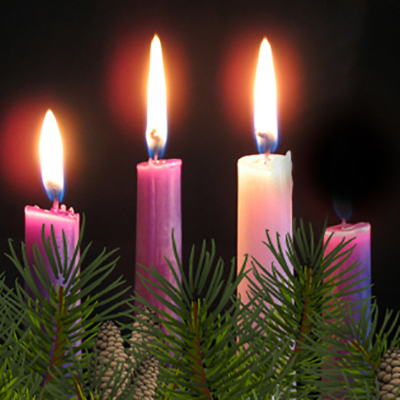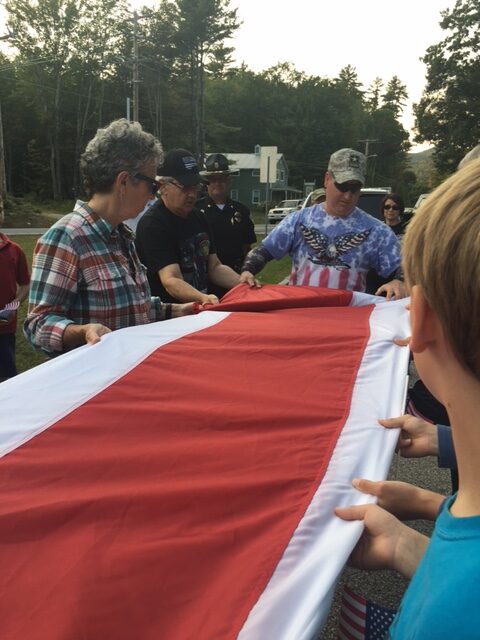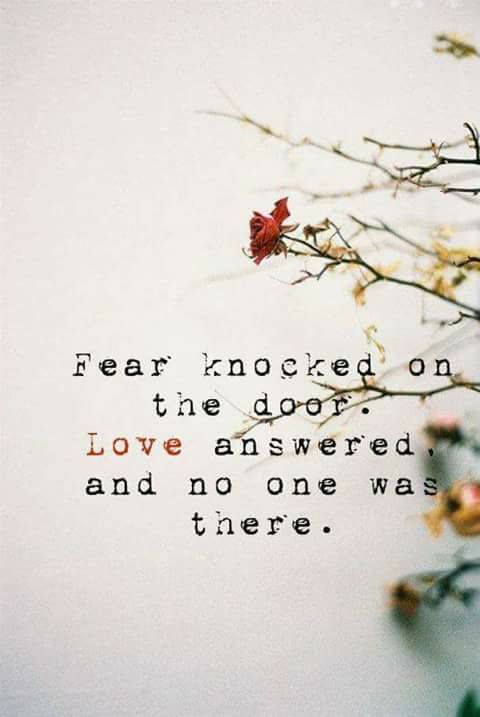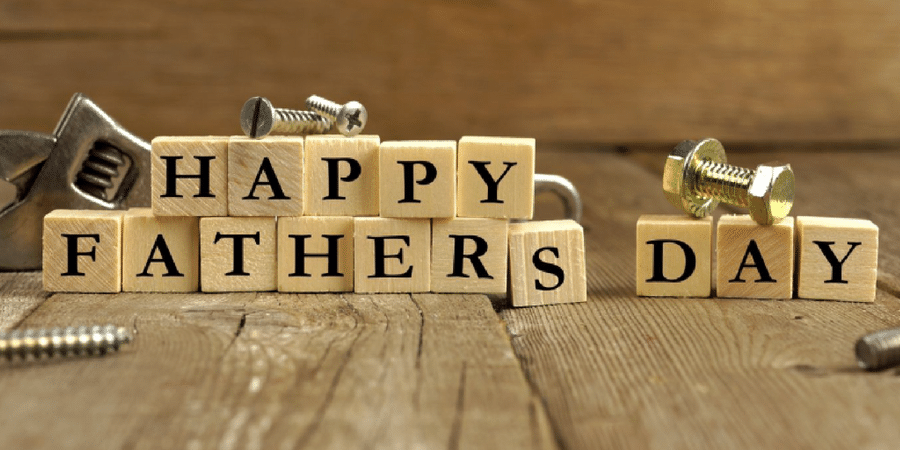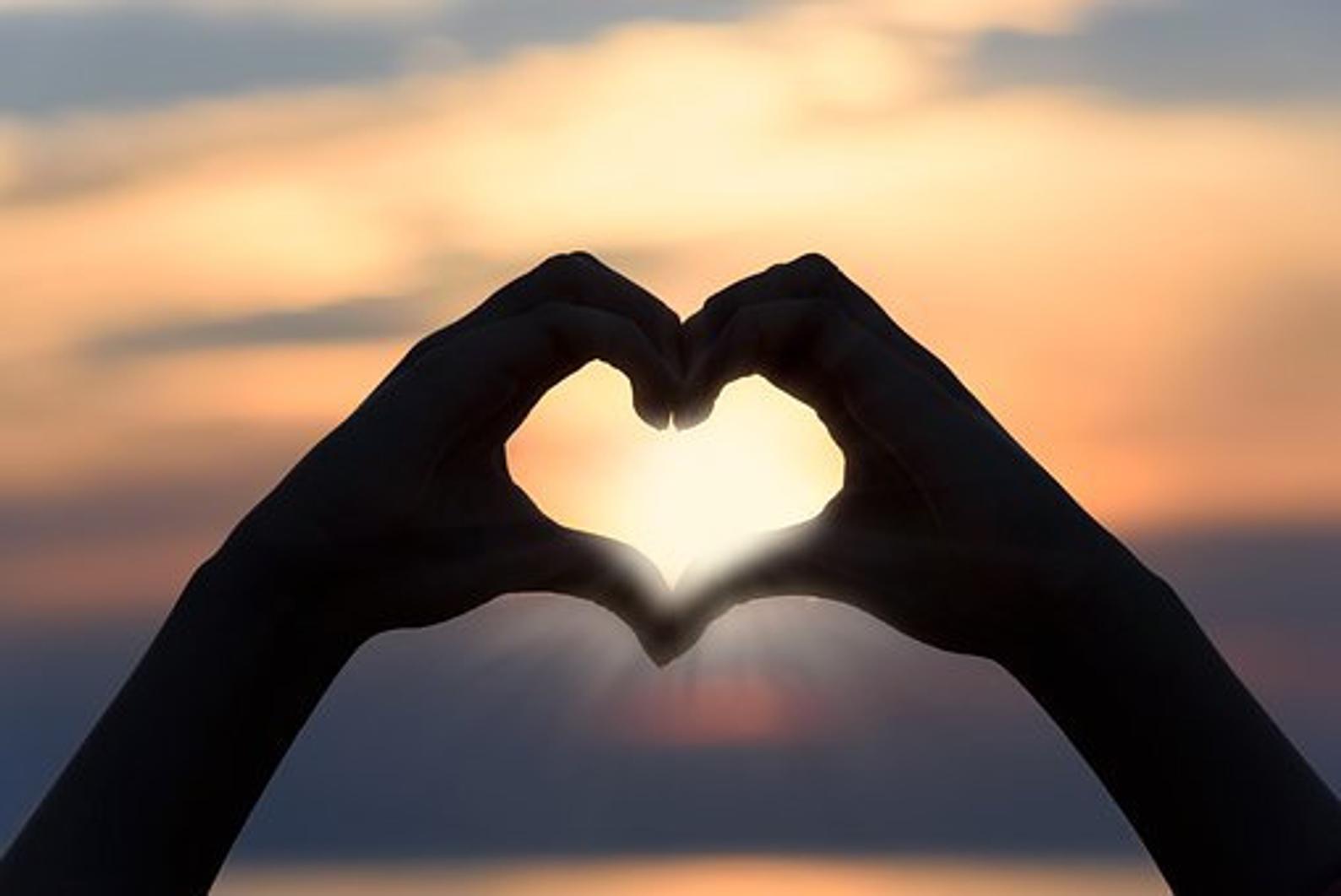Advent 3: Meditations on joy & struggling to find joy in challenging times
As our dialogue progressed, we converged on eight pillars of joy. Four were qualities of the mind: perspective, humility, humor, and acceptance. Four were qualities of the heart: forgiveness, gratitude, compassion, and generosity. — Douglas Carlton Abrams, The Book of Joy SONGS about JOY: Joy Unspeakable — Barbara Holmes Joy unspeakableerupts when you least expect it,when […]

